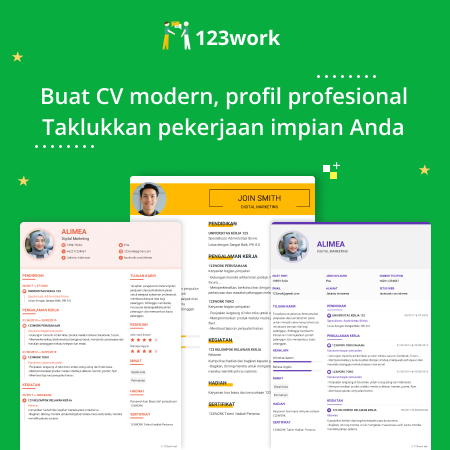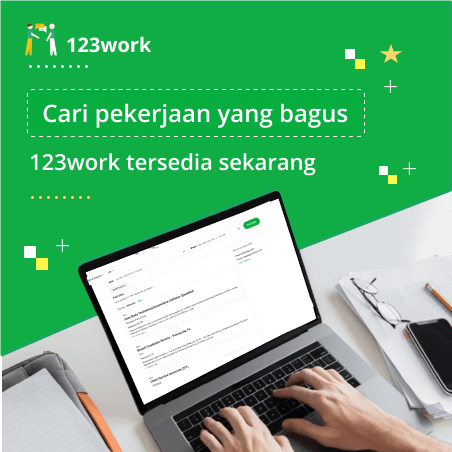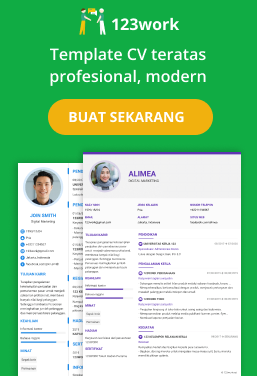Details
Mission and objectives
UNICEF works to help the children of Indonesia reach their full potential. We assist our partners to monitor and measure progress against these rights via the child-focused Sustainable Development Goals, with an emphasis on the most vulnerable children. Our programme interventions are rights-based, cut across different sectors, respond to the specific needs of girls and boys and address the vulnerabilities and strengths of children in their first and second decades of life. UNICEF has a strong on-the-ground presence in Indonesia, with seven regional and sub-regional offices. These are primarily in areas with the greatest disparities and service gaps. They complement our high-level policy and programme advice with practical support for planning, financing and service delivery, especially to advocate for quality, equity and sustainability. Indonesia has the world’s fourth largest child population. UNICEF's presence in the country means we have the potential to impact more than 80 million children. We take this responsibility seriously and are committed to ensuring that children and adolescents – the building blocks of Indonesia’s future – have an equal chance in life.
Context
Although 80.92% of households in Indonesia already have access to improved sanitation, only 10.16% of those households’ access are identified as safely managed sanitation. Moreover, around 6% of households or around 13 million people still practice open defecation (SUSENAS, 2022). All the while, Indonesia has committed to ambitious safely managed access targets; 15% in 2024 and 30% in 2030. Aside from the government’s targets, poor sanitation has proven to have significant impact to family and children’s health. Inadequate sanitation facilities cause fecal matter containing pathogens leak into the ground, contaminating the groundwater. Especially in densely popu-lated areas that rely majorly on groundwater as their drinking water source. A study conduct-ed in 2020 by the Ministry of Health found that 70% of the households drinking water are con-taminated with E. coli. Consuming contaminated water can lead to various diseases such as diarrhea. Indonesia’s Central Bureau of Statistics’ data shows that prevalence of diarrhea to under-five is 11% in 2018; meanwhile diarrhea remains a major contributor to child mortality, accounting for an estimated 31% of deaths among children aged one year and 25% of deaths among children aged 1 to 4 years. Even worse, successive diarrheal incidence can irreversi-ble impede physical and intellectual development of children (called as stunting). Meanwhile, current climate condition threatens access to sanitation facilities which provide greater risks to target achievements. Action research in collaboration between UI, ISF-UTS, and UNICEF in 2020, provided enough evidence that climate change greatly impacts the ac-cess to adequate sanitation and may even cause people to return to open defecation practic-es. Furthermore, climate change The UNICEF WASH (Water, Sanitation and Hygiene) program in Indonesia supports the ac-celeration of the Government WASH program. UNICEF WASH also advocates for safely managed sanitation and climate resilient WASH at the national and sub-national level to the Government in order to achieve government targets and Sustainable Development Goals (i.e. universal WASH access).
Task description
The overall scope of work of the Sanitation Officer is to contribute to the objective of the Country Programme of cooperation for 2021-2025 of supporting the Government capacity ensure safe WASH access for all children in Indonesia. The Sanitation Officer will join a dynamic WASH Section of 8 national staffs and 4 field staffs, structured in five output areas, responsible for Safely Managed Sanitation, Open Defecation Free, Safely Managed Water, Climate Resilient WASH, and WASH in Emergencies. The UN Volunteer is expected to support the implementation of the key activities related to safely managed sanitation and climate resilient WASH as stipulated in the Annual Workplans under Output 2.1. Safely Managed Sanitation and Output 2.4. Climate Resilient WASH, work-ing in coordination with the UNICEF programme sections and key stakeholders. Under overall guidance of the Chief of WASH and direct supervision of the WASH Specialist, the National UN Volunteer will work with a team of experts to address challenges in achieving WASH universal access through the following tasks: 1. Evidence-based advocacy, evidence generation and programme monitoring efforts with the following focus (but not limited to); • Review, draft and support compilation of UNICEF WASH initiatives, including best practices or lessons learned at sub-national (at both provincial and districts) levels, public campaign materials, especially in the area of sanitation; • Support the development of human interest stories or voices from the field in coordination with WASH field officers; • Support the WASH Specialist in coordinating with BAPPENAS, the Ministry of Public Works, and the Ministry of Health the planning, implementation and monitoring of the GOI-UNICEF AWP. • Support the WASH Specialist in following up actions towards scaling-up of onsite sanitation inspection tool into current government monitoring mechanism. • Support the WASH Specialist in rolling out the safely managed sanitation roadmap at the subnational level; • Participate in the BAPPENAS led new RPJMN planning meetings. This includes, in collaboration with BAPPENAS to conduct series of discussions with relevant ministries and stakeholders, to receive inputs on specific topics as required. 2. National level coordinator forums, national events, and key initiatives; • Support the organization of national coordination forum, not limited to taking notes of meetings, preparing a database of ongoing sanitation programs in the country, and maintaining a repository of key studies and surveys on sanitation for the wider benefit of WASH sector stake-holders; • Support the WASH Specialist in the areas of WASH financing and public private partnership models in the sector, including strengthening one-stop-shop sanitation eco-system; • Support the WASH Specialist in coordination activities in the area of innovation to en-sure available innovative solutions through providing inputs to the on-going research on technology sanitation options and co-lead the implementation of WASH Innovation Hub (INCUBITS); 3. Contribute to the Climate Resilient WASH Framework dissemination and implementation, with the following focus (but not limited to): • Support the WASH Specialist in the dissemination of the Climate Resilient WASH Framework at the national level and follow up based on the result of the dissemination; • Support the WASH Specialist in initiatives to mainstream WASH Climate Resiliency into national and subnational plannings, regulations, strategies, activities, etc; • In coordination with assigned consultant and implementing partner, support the implementation of climate resilience framework in select provinces/districts with guidance from the WASH specialist and in collaboration with FO WASH staff. Any other related tasks as may be required or assigned by the supervisor. Results/Expected Output: Expected outputs for UNV: • As an active UNICEF team member, efficient, timely, responsive, client-friendly and high-quality support rendered to UNICEF and its beneficiaries in the accomplishment of her/his functions, including: o In partnership with key stakeholders and knowledge institutions, evidence-based analysis is developed for effective programme planning and management, particularly aimed at understanding safely managed sanitation and climate change challenges o Effective working relationships with internal and external counterparts are leveraged for advocacy, technical coordination, information sharing and knowledge management • Age, Gender and Diversity (AGD) perspective is systematically applied, integrated and documented in all activities throughout the assignment • A final statement of achievements towards volunteerism for peace and development during the assignment, such as reporting on the number of volunteers mobilized, activities participated in and capacities developed


